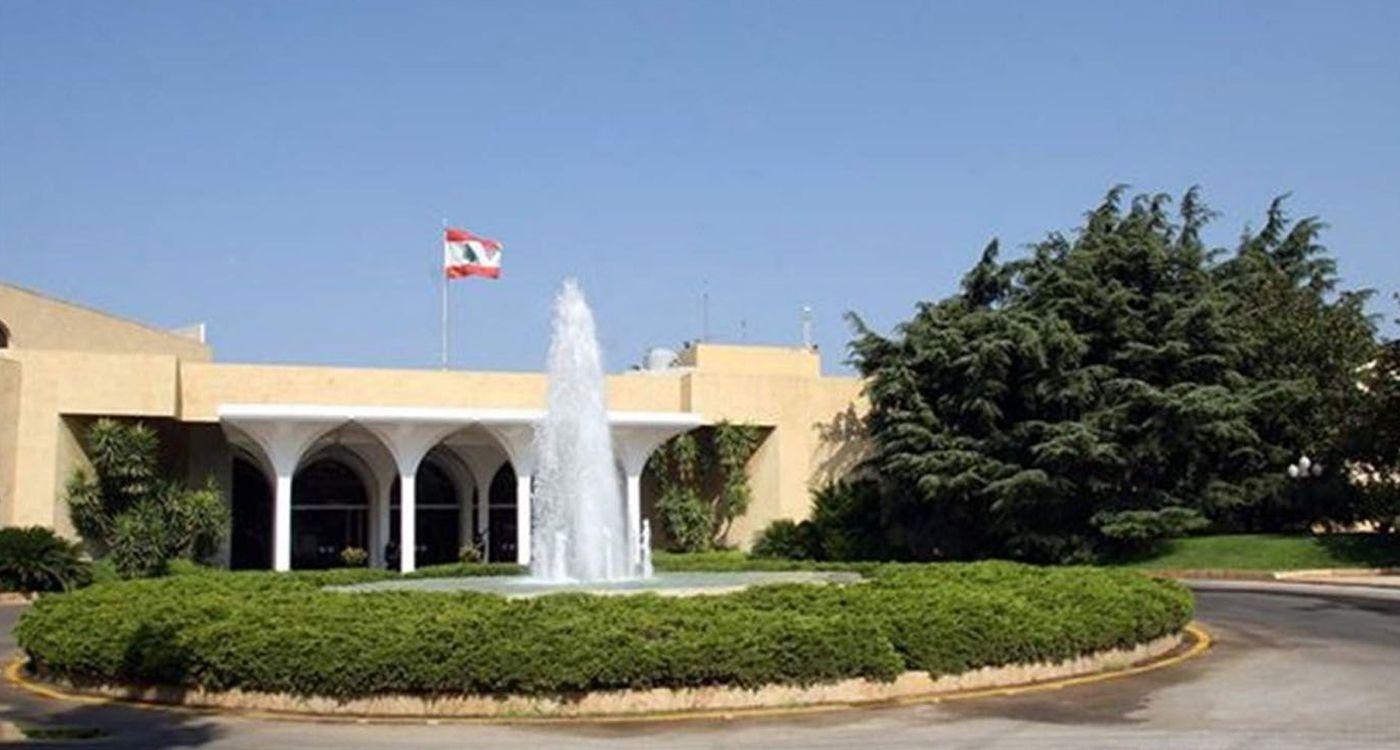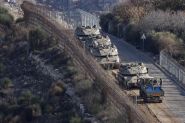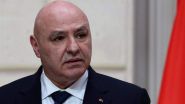
The Iranian mullahs' camp and their local allies have adopted excessive tactics of intimidation, threats and coercive politics. They revel in flaunting their defiance, entrenched in denial, loudly proclaiming that the "resistance" remains intact, "strong" and poised for a swift revival. While listening to their rhetoric and observing the arrogance of their supporters, one could be led to believe that the highly strategic developments of recent months — which have decapitated and severely shaken Hezbollah in Lebanon, nearly crushed Hamas in Gaza and spectacularly brought down the Assad regime in Syria like a house of cards — were merely insignificant, fleeting incidents with no lasting impact.
The latest act in this media-driven political spectacle unfolded late last week, as Hezbollah supporters mobilized by the dozens, staging an impromptu and noisy parade on their signature mopeds through the southern suburb and along the airport road. The demonstration was a protest against the decision by Beirut International Airport’s security authority to inspect a supposedly “civilian” Iranian plane — a significant detail given its ownership by Iran’s Revolutionary Guard. Just days earlier, loyalists of the pro-Iranian group had staged a similarly disruptive show of force in a busy neighborhood of the capital during the funeral of one of their members.
Whether through disruptive actions in the streets or intentionally belligerent posturing, the Iranian Revolutionary Guard's foothold in Lebanon never misses an opportunity to reaffirm its sprawling and heavy-handed presence across multiple fronts. At the same time, leaks to the press suggest ongoing efforts to strengthen both militia and political power on various levels, with the aggressive rhetoric of Iranian leaders serving as a backdrop, repeatedly reiterating their determination to pursue their fight against the Western camp — down to the last Lebanese.
History will soon reveal whether this multifaceted posturing is ultimately aimed at concentrating partisan efforts solely on internal fronts for petty power struggles, or whether it seeks to rekindle illusory military operations against Israel, along the endlessly elusive and unattainable road to Jerusalem. On the purely Lebanese level, either scenario is likely to prompt crucial decisions, especially regarding the presidential election, which now faces the critical deadline of January 9, the date set for the parliamentary session convened by the speaker of Parliament.
In light of the new order emerging in the region and its direct consequences for the Middle East — especially the resurgence of the destabilizing and subversive actions of Tehran’s mullah regime — and following the economic, financial, social, political, institutional and military-security crises that have plagued Lebanon since 2019, the country must urgently elect a president who is both wise and unifying. Above all, this leader must demonstrate firmness, political courage and determination in restoring the credibility and sovereignty of the state. This will also require solid, unwavering international support to effectively counter international terrorism and sectarian extremist movements.
Under the current circumstances, the Lebanese population urgently needs a head of state (in every sense of the term) with a clear political (sovereigntist) vision — someone who will not compromise on upholding the authority of the central government, the monopoly on legitimate violence or the rejection of a militia-based mini-state that thrives by undermining state institutions and the country’s vital sectors. In the face of the new regional order and the widespread decay undermining the local scene, the Lebanese can no longer afford half-measures, compromises or a lack of political courage. They can no longer accept a president who might approach the country’s management with a focus on opportunistic dealings.
Lebanon can no longer afford, at the risk of its own survival, to embrace a president open to collaborating with entities fundamentally opposed to state-building and the safeguarding of Lebanon's unique identity. The population can no longer bear the prospect of another six years of sabotage and disintegration, which could be enabled by the complicity of a potential "compromise" president who, once confronted with transnational ideologies and agendas, may falter in upholding the core principles of sovereignty — doing so with both wisdom and, above all, firmness and determination.




Comments